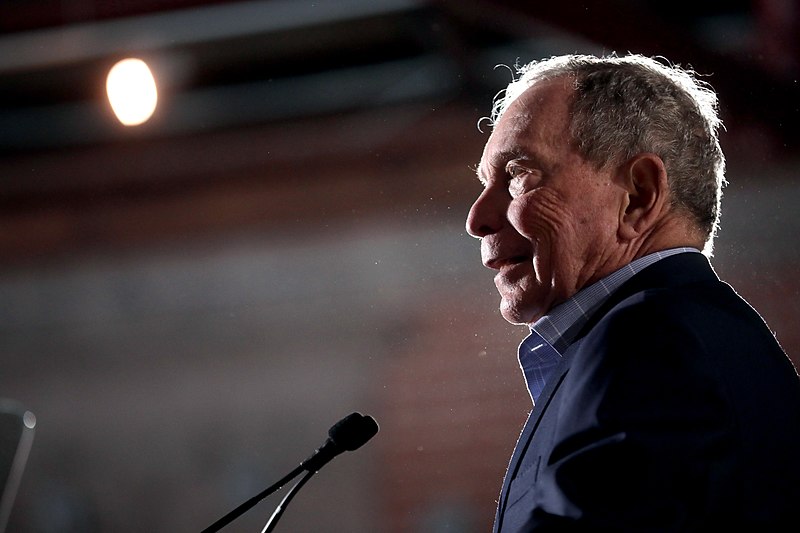Blowing enough to buy 20 swing state houses in 90 days shows how cheap it is for billionaires to buy power

Whoever convinced Michael Bloomberg to show up at the Democratic debates owes the former mayor a half a billion dollars — and America owes that person a huge debt of gratitude. The campaign is dead and the “rot of at the core of this new Gilded Age” is exposed.
I don’t know if Bloomberg could have bought himself the nomination if he hadn’t shown up to be rhetorically slaughtered by Elizabeth Warren, but he could have bought something even worse: the destruction of the Democratic party.
Resolving this primary some time before 2021 has to be a huge priority for anyone who cares about defeating Donald Trump. Thus avoiding a contested convention, Bloomberg’s stated goal, at this moment is absolutely essential for anyone who cares about the future of social democracy in America. It’s hard to describe a worse outcome to this primary than a former Republican (and a GOP donor through the last election) tearing apart this party by its seams while imbuing the nominee with an indelible illegitimacy and exacerbating the divisions that allowed Republicans to swipe the presidency in 2000 and 2016.
Of course, Bloomberg’s failure — along with Tom Steyer’s — allows those who enjoy our current perversion of a campaign finance system to claim money doesn’t matter all that much in politics.
This ignores — of course — what Bloomberg has actually bought himself by spending the equivalent of what the average American might on food in three months, and the potential costs of this kind of monstrous spending has on the larger political atmosphere. And while the race for the presidency is perversely less dictated by money than almost every other race in America, you literally can’t get on the debate stage unless you have a massive donor base or your own money to simulate one.
And here’s the irony of this Gilded Moment: Bloomberg and Steyer are two of the good billionaires when it comes to American politics, at least if you care about wresting power from the Republican Party.
They want to raise their own taxes, at least somewhat. And before they revealed themselves as desirous of not just aiding the Democratic Party but leading it, they invested in not just electing Democrats at the federal level but also to winning over state legislatures — which is absolutely key as we face redistricting for the next decade.
That we must pray they continue their financial support to down-ballot Democrats shows us how helpless we are to both unlimited dark money and Democrats’ “myopic focus on the White House,” which costs the party votes and power up and down the ballot in all 50 states.
If Bloomberg spent $570 million and the average state legislature campaign costs $150,000, Bloomberg could have personally financed the campaigns of 3,800 — or more than half — of all 7,383 state legislature races in America. All Michigan’s state House races in 2018 combined cost $27.1 million. Bloomberg spent more than 20 times that in three months.
He likely couldn’t fund these races personally because or state finance laws. But with dark money groups and the non-profits that elide our laws, he could influence hundreds if not thousands of key races.
Still Bloomberg and Steyer have generally invested effectively, with the kind of force that right wing billionaires have been applying for decades. But the right isn’t just investing directly in campaigns to take the power of a majority party while continually getting fewer votes than their opponents. While Bloomberg and Steyer were running for president, billionaire right-wing billionaire Paul Singer was moving to take control of Twitter. Because having America’s biggest cable news network, one of the largest networks of local news and the world’s largest social network doing your bidding isn’t enough.
You don’t end up with a system where billionaires pay lower tax rates than nurses by accident.
The sort of inequality America is experience is only possible because of a political system designed to make it easier to buy an election than it is vote. Bloomberg’s failure only proved that the one thing that’s keeping our billionaires from ruling us directly is a little personality.
[Photo by Gage Skidmore]



